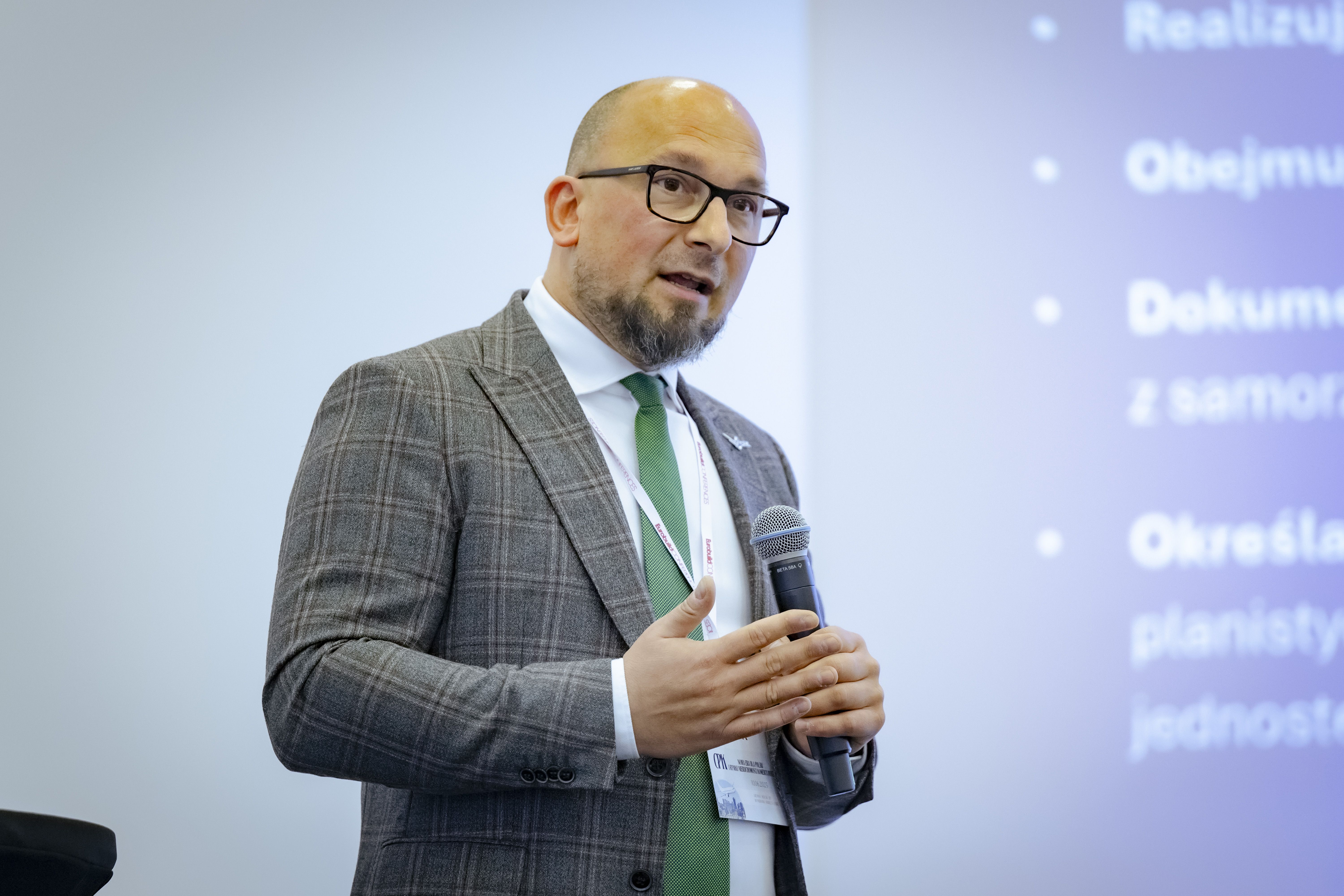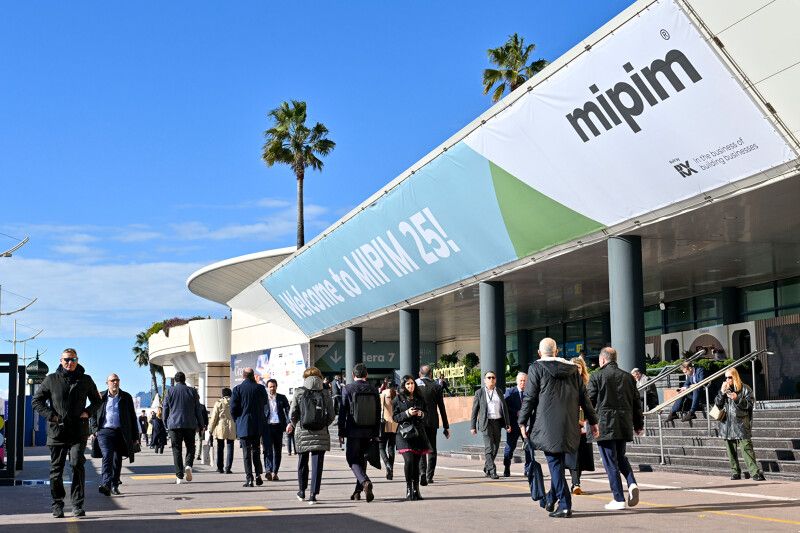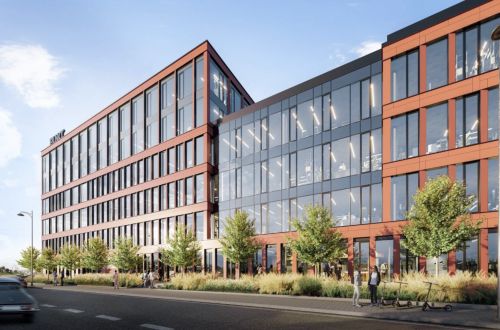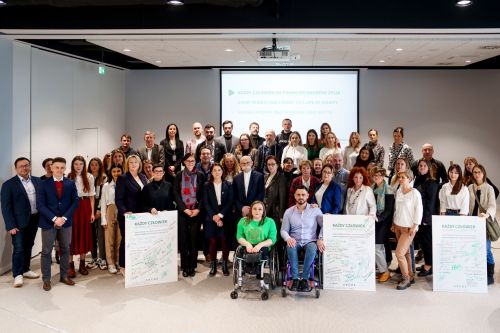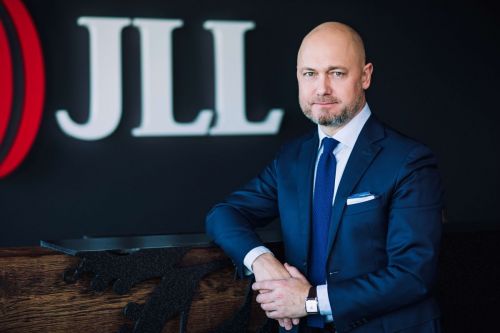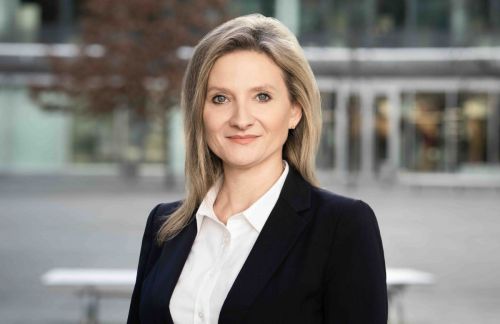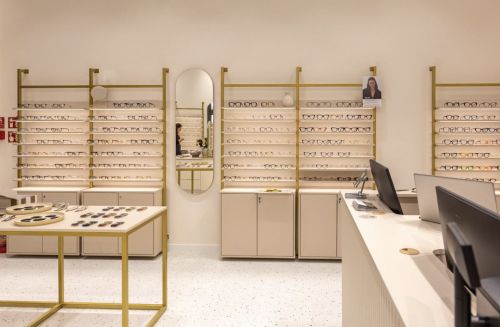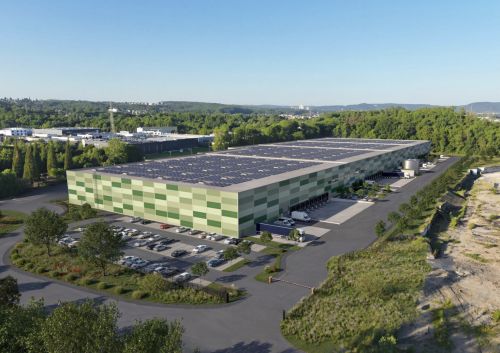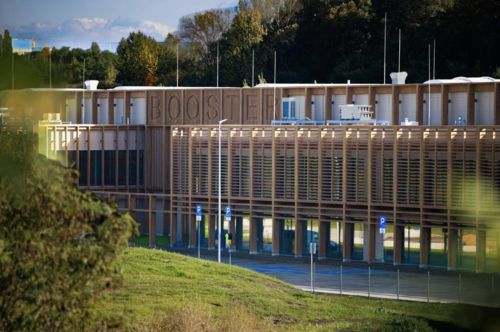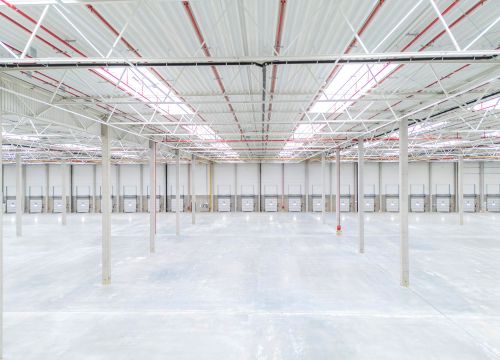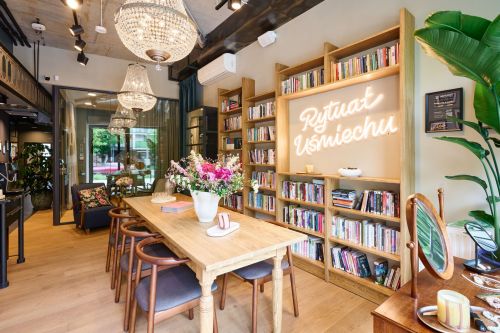Ewa Andrzejewska, ‘Eurobuild Central & Eastern Europe’: The office market in regional cities – i.e. the big six: Kraków, Wrocław, the TriCity, Łódź, Poznań and Katowice – has been growing more emphatically over the last few years. The increasing demand has been driving new projects.
Tomasz Buras, managing director, Savills in Poland: Last year was a very good one for regional cities: Kraków and Wrocław had extraordinarily impressive figures, as well as Łódź. The best performer, Kraków, ended 2016 with close to 188,000 sqm of offices leased, which makes it the unquestionable leader of the regions. Wrocław came second with demand of 124,500 sqm and the TriCity was third (93,200 sqm). The next positions were taken by three cities of a similar scale: Łódź (66,700 sqm), Poznań (64,100 sqm) and Katowice (40,900 sqm). I think the fact that the average transaction in Warsaw was 1,030 sqm and smaller than in regional cities (1,280 sqm), is important








